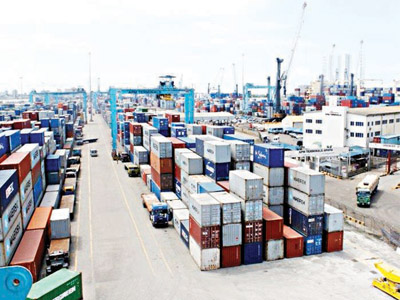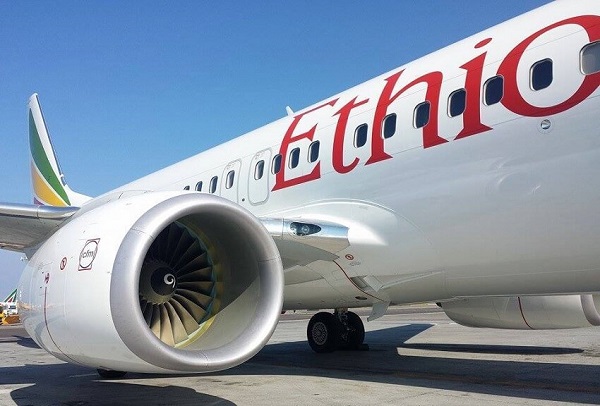Senate Committee To Meet Ministers Over Apapa Gridlock

Senate Committee on Marine Transport has promised to reach the ministers of Transport, Works and Finance with findings and suggestions it received from maritime stakeholders during a senate committee meeting with maritime bigwigs and relevant agencies to find solutions to Apapa gridlocks.
Chairman of the committee, Sanni Ahmed Yerima encouraged stakeholders to do a thorough research before sending further reports to the committee because the committee was going to defend the submissions to the end.
“We will get to the ministers of Transport, Works and Finance with these submissions. Please do a thorough research before sending us your findings because we would not only present our reports but we are also prepared to defend it to the latter. This is a change government and the port is where the economy of the nation is managed so we can’t play with it”, he stated.
The management of Nigerian Ports Authority (NPA) led the Senate committee to inspect the truck holding bay located opposite Tin can Island Port before meeting with stakeholders and security agencies on ways to solve the grueling traffic-jam.
Senator Theodore Orji promised that the committee would pile pressure on the executive arm of government to steer their attention to the state of the Apapa port, furthermore, he said the committee would help make laws to solve the problem and look at the outstanding bills of the Senate committee on Marine Transport.
The Executive Secretary of the Nigerian Shippers Council, Hassan Bello stressed that the federal government ought to brace up to its responsibility of providing sufficient security to enable seamless piping systems that would see petroleum products be transported via pipelines.
He called for a review of the truck system where company truck systems rather than the one-man one-truck system would be utilized to help reduce gridlocks at the ports. He also added that port roads should be exclusive to port functions and not also serve as regular city roads.
According to Hassan Bello, the gridlock at Apapa would be easily regulated if an effective electronic truck call-up system was embraced and a synergy was developed between truck owners, terminal operators, agents and other maritime agencies.
However, the Managing Director of Nigerian Ports Authority (NPA) Habib Abdullahi urged the federal government to allow the importation of petroleum products be conveyed via other ports within the country with a view to reducing the traffic congestion in Lagos.
He also called for the restructuring of the Nigerian railways to aid transportation of goods from the ports to several parts of the country and he admonished state governments to step up to fix port roads in their states.
The Association of Maritime Truck Owners (AMATO) in conjunction with FT Global Logistics also seized the opportunity to present the model of its electronic truck call-up system which was well appreciated by stakeholders present at the meeting.
Meanwhile the Lagos state Commissioner of Police (CP), Fatai Owoseni maintained that gridlocks may not be curbed entirely in Lagos state because major cities around the world were characterized by traffic congestion. He revealed that 80% of vessels that come into Nigeria berth at the Apapa port and 80% of petroleum imports arrive at the Apapa port.
The CP lamented that since the truck holding bays were concessioned; out of the forty-two (42) tank farms in Apapa presently only two (2) have holding bays that can be used. He asserted that the lasting solution to the quagmire would be to repair our refineries and begin to refine our crude while short term solutions include educating truck drivers and developing efficient piping systems and waterways.







